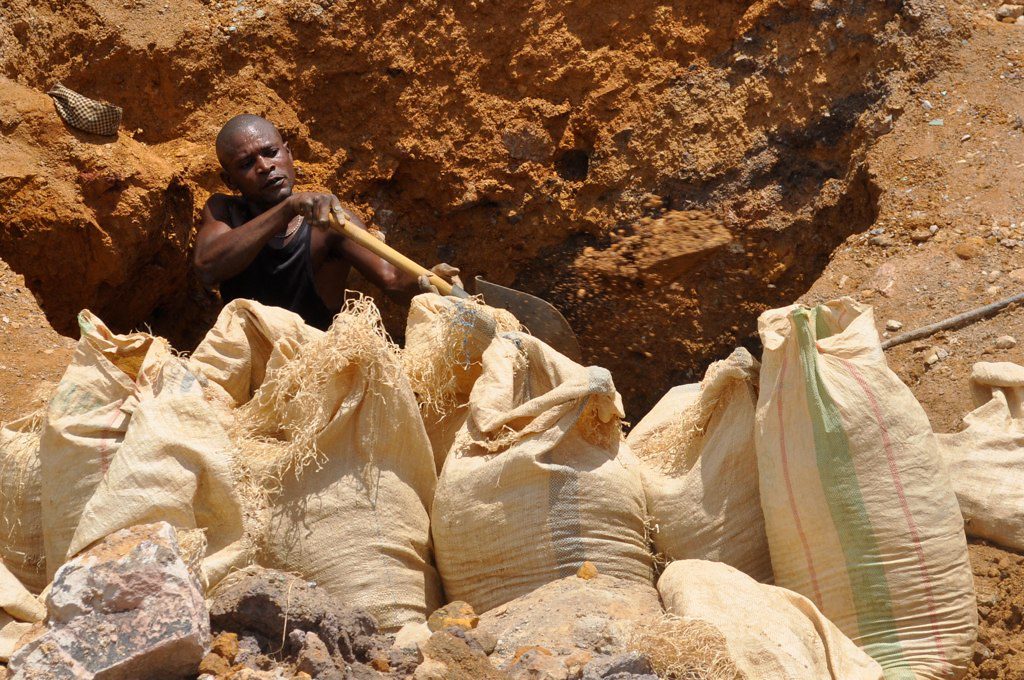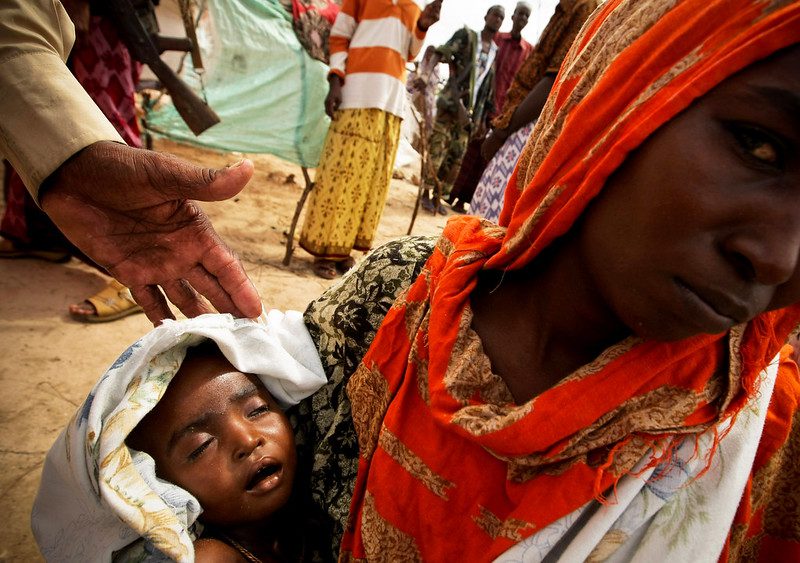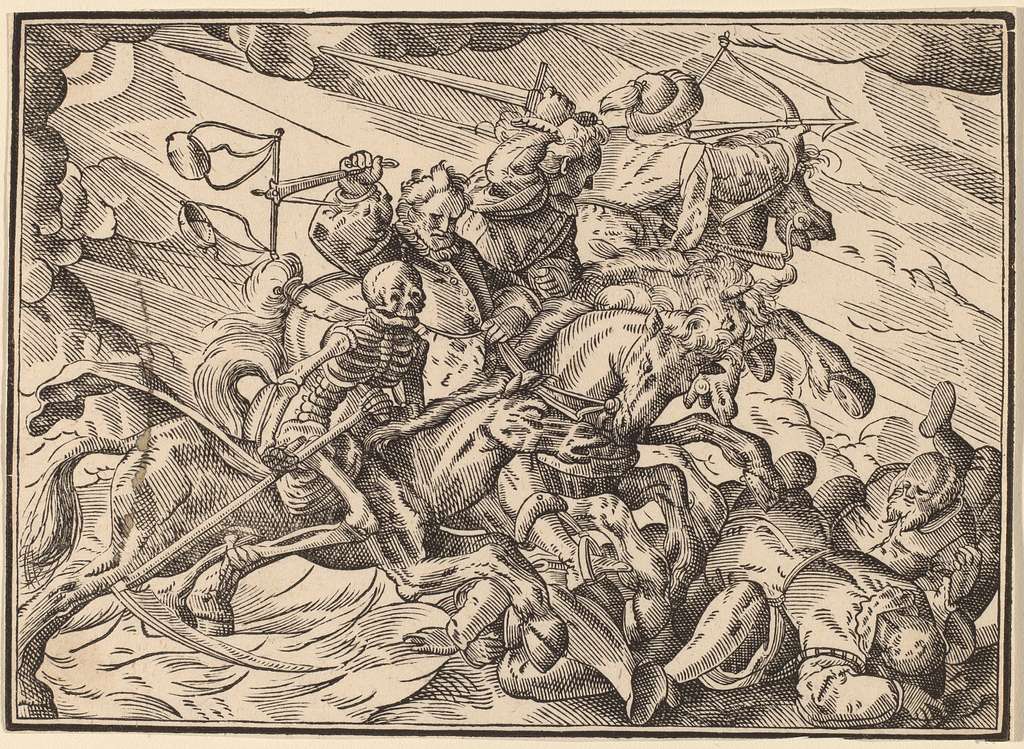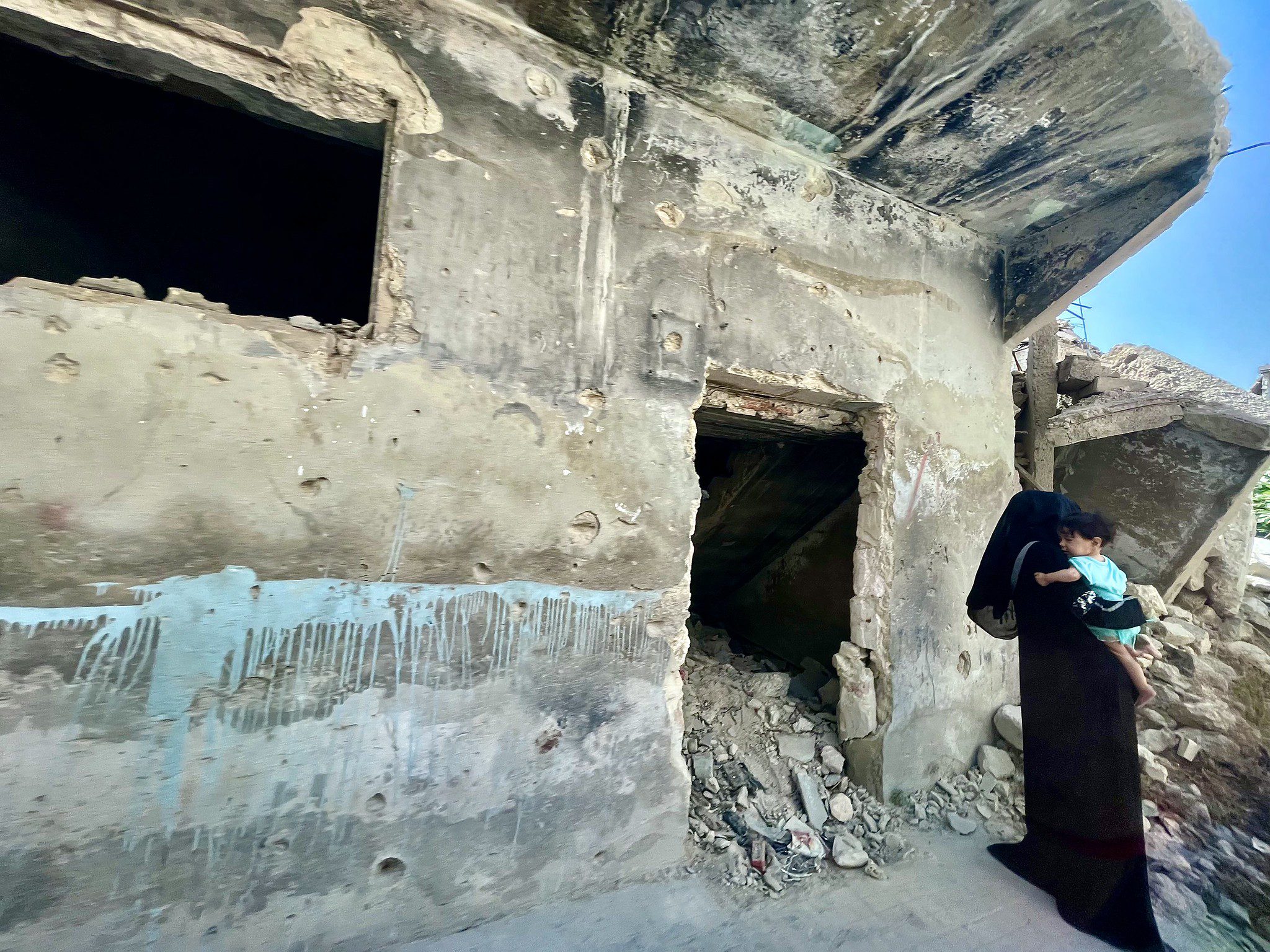Policy Acceptance and Scholarly Reluctance: Developing a comparative research agenda on transactional politics
As the World Peace Foundation’s involvement in PeaceRep comes to an end, I wanted to reflect on how we developed and deepened the political marketplace framework through PeaceRep and its predecessor, the Conflict Research Program. How did a comparative research agenda on transactional politics emerge across very different contexts? This was not a linear process, and we had to work across teams of scholars and researchers who were from different academic traditions and thought about problems very differently.
—
But let me start with a short story.
It is February in Istanbul. It is cold and it’s raining. I am sitting in a café in the Balat area with a Syrian researcher – let’s call him Rami. Rami has flown in from Gaziantep where he works with a civil society organization. He’s nervous. He takes lots of smoking breaks.
We are working through a political marketplace analysis of Syria’s civil war and discuss foreign support for the different factions. It’s uncomfortable. We feel like others are listening – the café is too quiet – especially when we discuss alleged Turkish support for opposition militia. We move somewhere else. In the evening, I find myself accosted by a stranger on the streets of Sultanahmet who asks me why I am visiting Istanbul. ‘You have many friends here, yes? Syrian friends?’. The man follows me – not very subtly – from Sultanahmet to Taksim Square, and then back to my hotel.
I’m spooked, and worried for Rami. He laughs it off when I tell him about the evening’s incident, but suggests that we finish our interview in a friend’s Syrian restaurant. The friend lights a crackling fire, and cordons off one section of the restaurant, and we finish our discussion of the emergence of the political market in Syria. I’ll come back to Rami in a bit, but keep him in mind.
—
One of the main challenges we faced when we began our research project was the paradox of policy acceptance and scholarly reluctance. Policymakers embraced the concept, but only when it applied to other contexts. It was okay to think about the political system in Somalia as transactional, but not that of the United States. On their part, academics seemed to struggle to understand that it was possible to study something without approving of it.
In the first couple of years of the research project, we tried to deepen the theoretical underpinnings of the political marketplace framework (the PMF): How well did it ‘travel’ outside the contexts in which it was developed? What were its limitations? What did it not explain? What other strategies of governing was it closely connected to? To do this we convened a series of seminars on the PMF.
When policymakers attended – they immediately understood what we were trying to do and valued and used the analytical insights of the PMF. Scholars almost always pushed back as a first reaction. As we all know, scholars tend to be attached to certain analytical frameworks – often for good reasons. But this also means that there can be a great deal of reluctance to using analytical frameworks developed in ‘other’ or ‘foreign’ contexts. So, for instance, Syrian researchers were deeply concerned with the strategies used by different groups in the civil war to gain legitimacy. Congolese researchers were concerned with the bases on which local leaders took and held power – where they derived their authority from. Iraqi researchers were focused on sectarian identity politics. They didn’t necessarily want to think with any other frameworks.
In the first set of conferences — we began by thinking about political power as a commodity, which was being produced by political entrepreneurs and the political firms that they managed. This meant trying to theorize the operation of political markets in the same way that economists of industrial organization analyse traditional markets (which are usually oligopolistic markets with limited competition). So, for instance, and just as in economics, the primary objective of the political entrepreneur is to increase market share and dominate the market. To do so, political entrepreneurs must make decisions to obtain and deploy more power, which entails producing it more efficiently. This is partly achieved by lowering the transaction costs pertaining to production. We soon found, however, that this approach had its limits. In traditional markets, a competitive market can only be created through enforcement of rules around entry or exit by a central authority, whereas in a political market, competition is usually a consequence of the weakening of authority. Similarly, competitive traditional markets are usually good for the consumer – but competitive political markets can be extremely violent with terrible public welfare outcomes.
—
After a few workshops, we changed tack. Instead of trying to deepen the theory of the PMF, we wanted to see how it would work in the countries covered by the research program. The PMF rapidly gained acceptance in Sudan, South Sudan and Somalia where it is now part of the political vernacular. But other scholars were resistant to undertaking a PMF analysis of their contexts. We needed a successful analytical case which would explain what the existing research could not. Enter Rami, a young researcher, who wrote to Alex out of the blue and offered to help with a political economy analysis of the Syrian civil war. So, I was dispatched to Istanbul – which is really not the worst place to be dispatched to – and sat with Rami over two or three days preparing a write-up and slide-deck showing that it was the external powers who had flooded the market with money, who had driven the transformation of the Syrian civil war into a political marketplace. Rami and I presented the work at a workshop with FCDO and fellow researchers and this method became the template for the other cases we worked on.
—
As we worked closely with multiple research teams, the methodology for studying political markets also took shape. The key issue in all our countries was – how does one study societies and political systems which are often closed off to outsiders? Our response was to historicize the different contexts that we were studying and to analyse changes in the political system which took place at ‘critical junctures’.
We borrowed the idea of ‘critical junctures’ from comparative political scientists. Critical junctures refer to a point in time—or a relatively short period of change—which creates political dynamics or institutional arrangements that are then difficult to alter, putting the system on a different trajectory from before. These junctures explain why a certain political system is structured the way it is. These moments are also when otherwise opaque political dynamics burst into the open and the become inner-workings of political markets can become legible to outsiders. Significant events—like an election, a peace agreement, a coup—can be, but are not necessarily, critical junctures; they are only critical junctures when they lead to fundamental political or institutional change, from which it is hard to return.
To give you an example, in the DRC, the fall of copper prices in 1973 meant that President Mobutu could no longer maintain his expensive patronage system funded by mineral rents, and led to the emergence of a political system where cronies were licensed to finance themselves and army officers were given the opportunity to deploy in thriving but unregulated economic hubs and cut their own deals with businessmen. Similarly, Somalia’s defeat in the 1977 Ogaden border war with Ethiopia emerges as a critical juncture because of the ways in which Siad Barre instrumentalised clan politics and selective violence to try and preserve his position.
Completing these case studies was often an intensive exercise. They required multiple in-person workshops with experts and researchers working on the countries and grappling with some of the existing analytical frameworks which were already in use to study these countries.
In the end, however, the cases allowed us to deepen the PMF theory, and even understand some of its limits, or the ways in which it interacted with other logics of governance, for instance, civic resistance, or identity politics in some of the countries that we studied. It is a task that is ongoing, as we see the increase in transactional politics in many other parts of the world. The PMF is not a theory of everything, and it does not explain politics in all contexts, but I would argue that it does provide unique insights into commoditised politics. Unfortunately, the greatest reluctance, among both scholars and practitioners, has been to apply the PMF to western contexts. It could help us make sense of the predicament some richer countries find themselves in today.
—
One concluding note: Rami moved to the Netherlands in 2019, where he is completing a PhD in political science.



